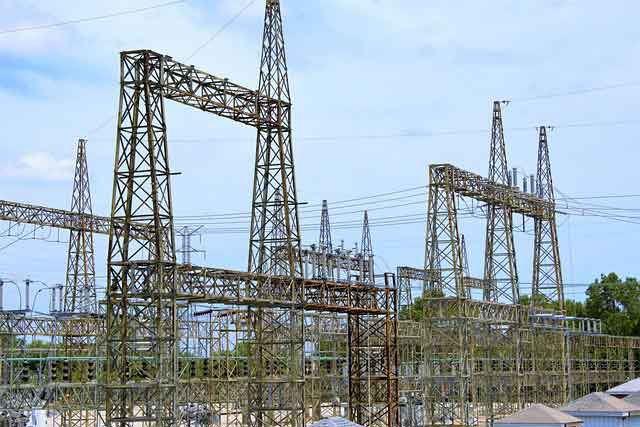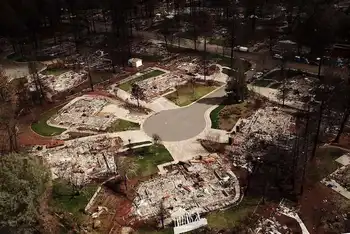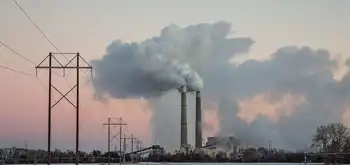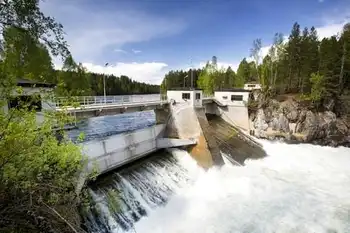Nuclear waste storage a top issue for NRC
By Reuters
Protective Relay Training - Basic
Our customized live online or in‑person group training can be delivered to your staff at your location.

- Live Online
- 12 hours Instructor-led
- Group Training Available
Damage to a pool holding spent fuel at the Fukushima Daiichi plant in March has elevated concerns in the United States about how best to store the millions of spent fuel rods now mainly stored in pools at the nation's 104 plants.
"That's obviously something we're looking at is, do we need to change our thinking about the time to move fuel from pools into dry casks," said Gregory Jaczko, chairman of the Nuclear Regulatory Commission.
Dry casks use air to keep fuel cool, rather than pumped water, which needs steady power. A recent Massachusetts Institute of Technology study has pushed for a system of regional dry cask storage sites to hold nuclear waste.
Jaczko said it's too soon to say what the NRC will do. A task force is studying what the U.S. regulator can learn from the Japan disaster and will issue recommendations in a couple of months.
The task force is slated to hold its first public briefing on its progress on May 12. It will also conduct a longer six-month review.
"No matter how you store spent fuel, each approach to dealing with it is going to have different strengths and weaknesses," Jaczko said after a speech to Public Citizen, a consumer advocacy group that opposes nuclear power.
"We want to make sure we're looking at all of those and coming to a good decision about whether there really is a substantial safety margin to move that fuel from a spent fuel pool into dry cask say after five years or six years or some fixed period of time," he said.
The task force is also looking at how well plants can withstand a total loss of power, and whether there are any design issues that make them vulnerable to flooding, Jaczko said.
A "blue ribbon" panel also is currently studying long-term solutions for handling U.S. nuclear waste after the Obama administration shut down plans for a permanent dumpsite deep inside Nevada's Yucca Mountain.
That group is slated to deliver a draft report by July 29.
The NRC believes the current approach to nuclear waste storage is safe and secure for at least 100 years, said Jaczko, who once worked for Nevada Senator Harry Reid, the top opponent to the Yucca site.
NRC staff are looking at whether there are technical or engineering obstacles to storing waste in systems that require active monitoring — like pools or dry casks — for 200 or 300 years, Jaczko said.
"To some extent, spent fuel is not a mystery in terms of how to deal with it. You need to keep it cool, you need to keep it shielded," Jaczko said.
"I don't think there's any reason why we should assume that we can't actively monitor it, that society can't continue to take responsibility for this material and do that on a long-term basis," he said.
Republican lawmakers have been critical of Jaczko's role in stopping the NRC's work on the Yucca site.
The Yucca controversy is on the agenda for a House Energy and Commerce committee hearing, which will also examine the NRC's response to the Japan disaster.











